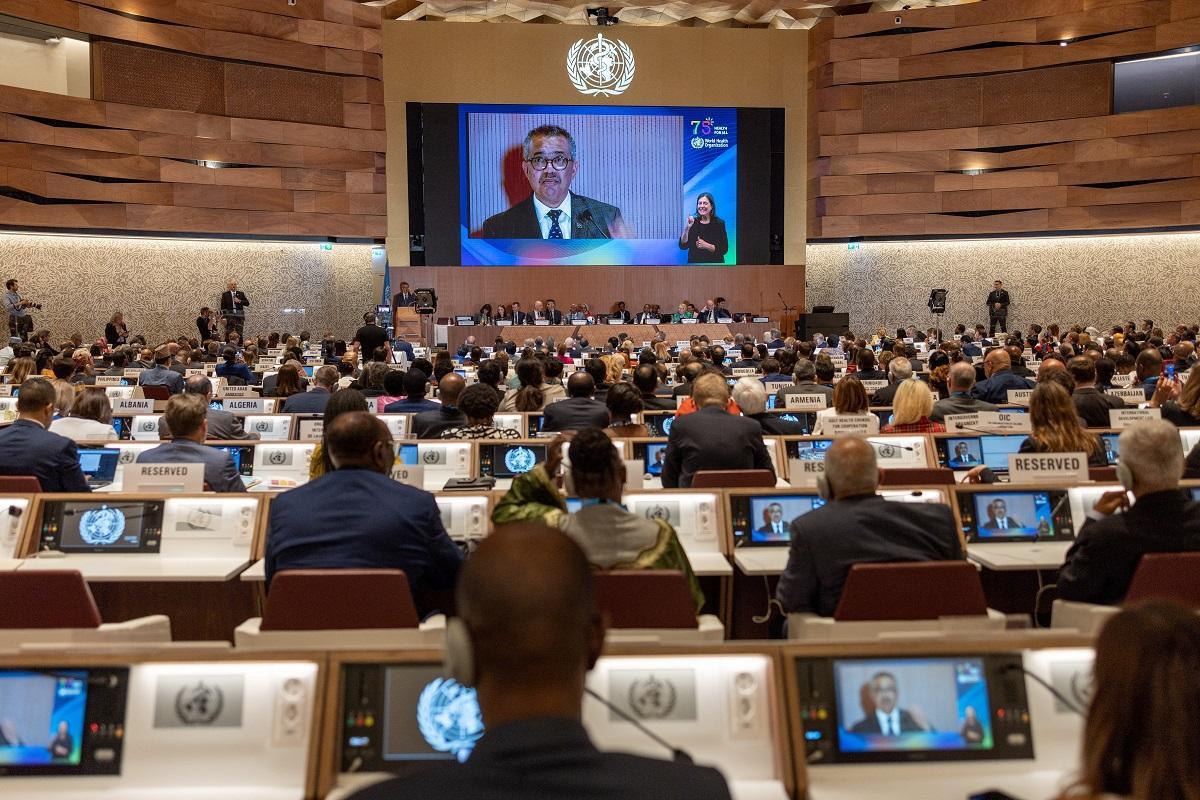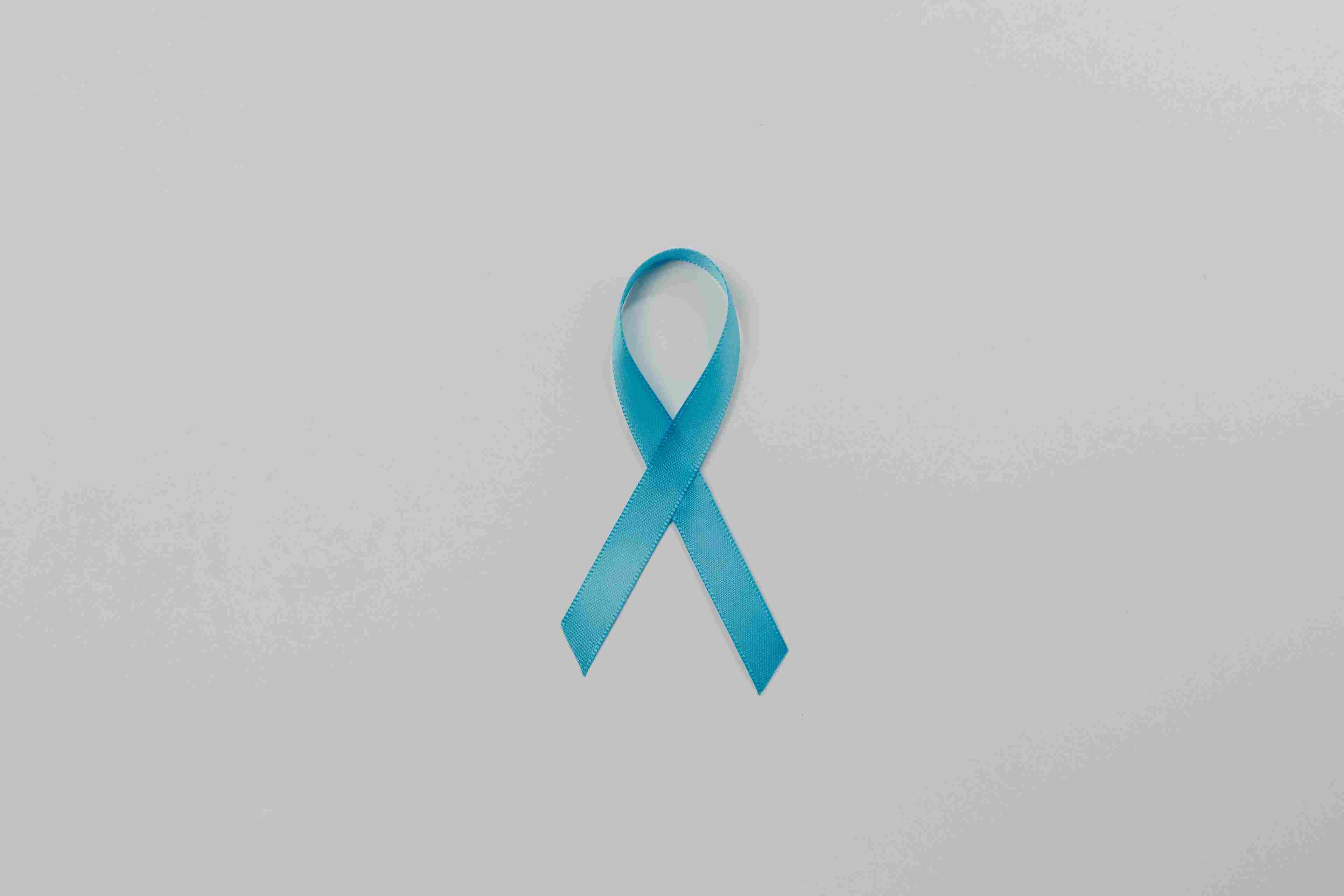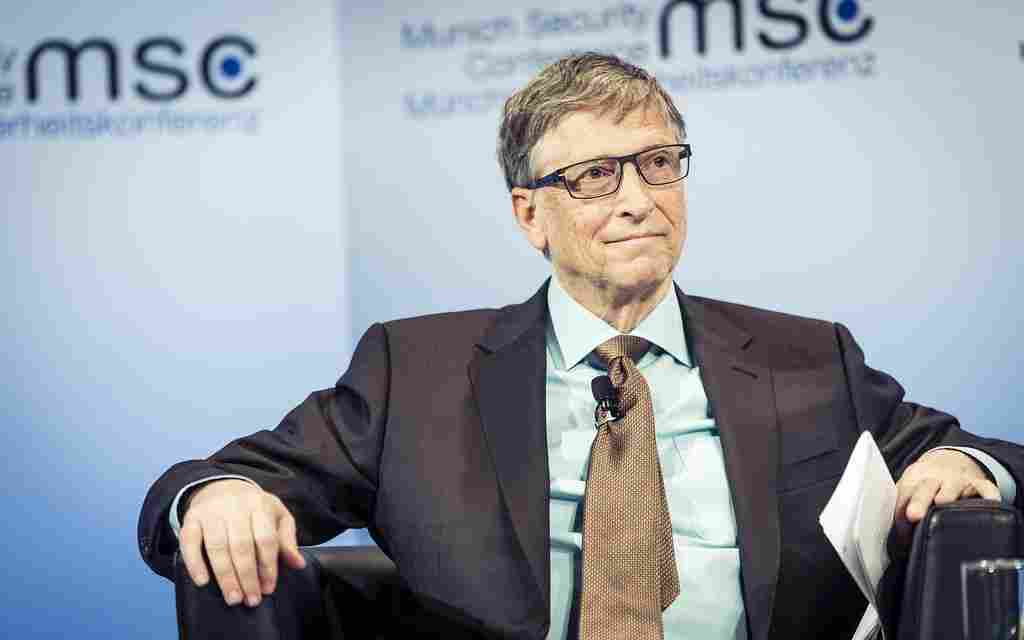
GENEVA (Enmaeya News) — Member states of the World Health Organization (WHO) adopted a long-awaited pandemic preparedness treaty on May 20, marking a significant step toward strengthening global cooperation and avoiding the fragmented responses witnessed during the COVID-19 crisis.
The agreement, informally referred to as the "Pandemic Accord", was finalized at the 78th World Health Assembly in Geneva, where representatives from all 194 WHO member states concluded nearly three years of negotiations.
The treaty is designed to enhance information sharing, equitable access to vaccines and treatments, and coordinated emergency response across borders. It comes in response to the deep disparities and systemic shortcomings exposed by the COVID-19 pandemic, particularly in low- and middle-income countries.
The agreement includes a provision requiring pharmaceutical companies and governments to share up to 20% of pandemic-related products with the WHO, including 10% as donations and 10% at affordable prices. The intention is to prevent the vaccine nationalism and access inequality that plagued lower-income countries during COVID-19.
The United States and Argentina did not endorse the treaty. Washington, grappling with domestic political divisions over international institutions, expressed concern over provisions seen as infringing on national sovereignty. Argentina, under the right-wing government of President Javier Milei, had already announced its withdrawal from the WHO earlier this year, citing ideological opposition. The lack of support from key member states highlights ongoing challenges in building global consensus on pandemic preparedness.
While the treaty was adopted, operational details remain to be finalized. Member states agreed to draft an annex by 2026 that will outline mechanisms for equitable sharing of medical tools. The treaty carries no legal enforcement; implementation depends on domestic legislation and political will.
In a parallel move, member states approved a 20% increase in mandatory contributions to the WHO. The decision aims to reduce the agency’s reliance on voluntary funding and bolster its ability to respond to health crises.
The treaty comes as countries face rising risks from climate-related disease outbreaks, antimicrobial resistance, and future pandemics — underscoring the need for a coordinated and fair global health system.






